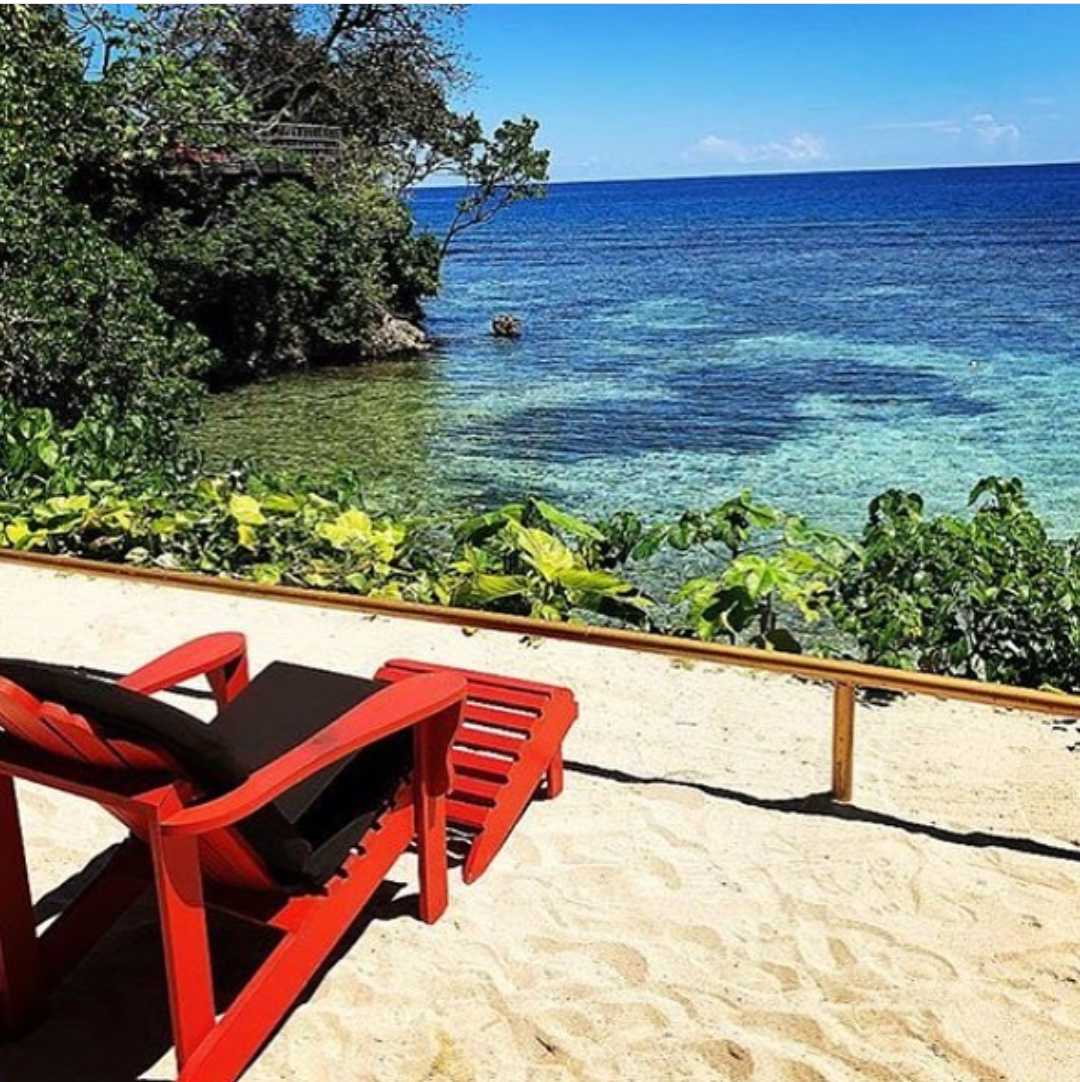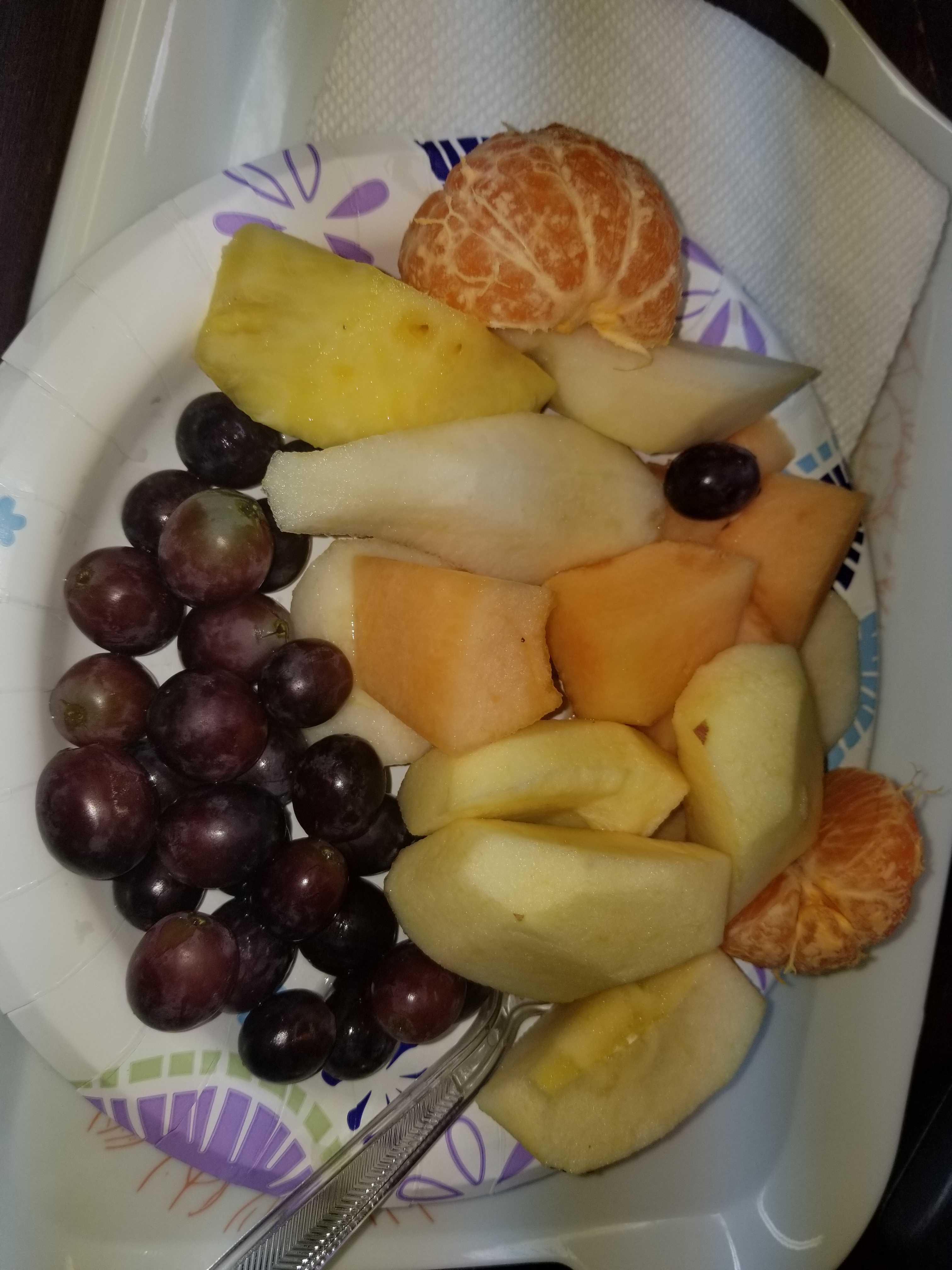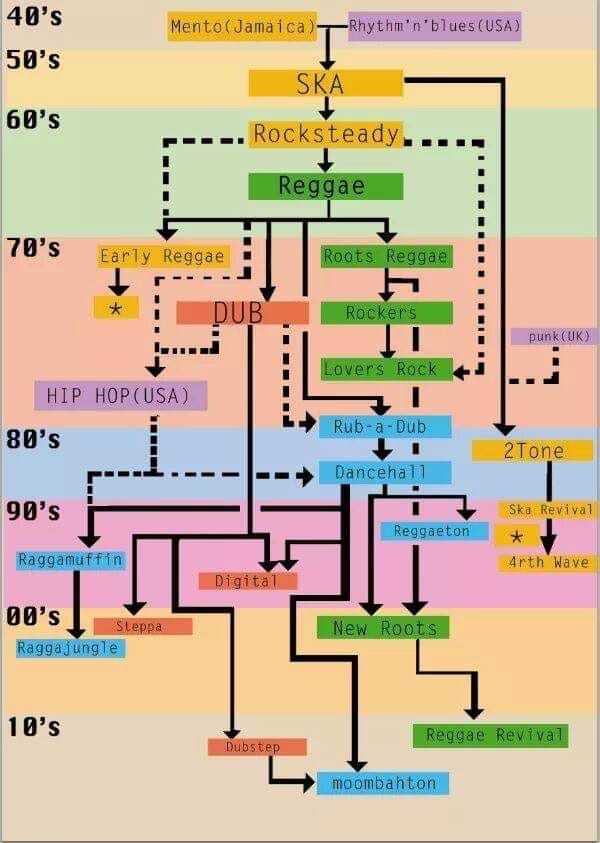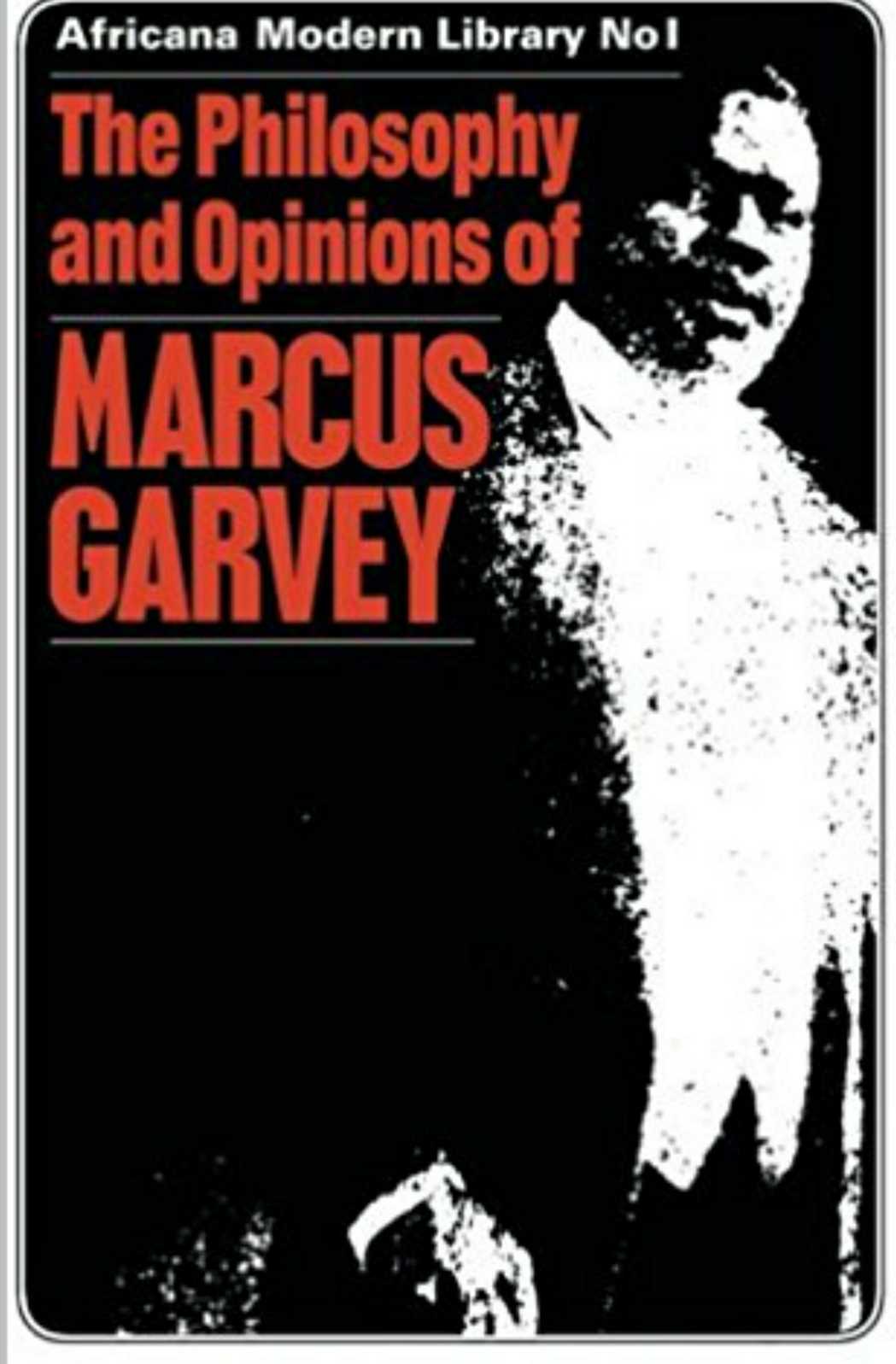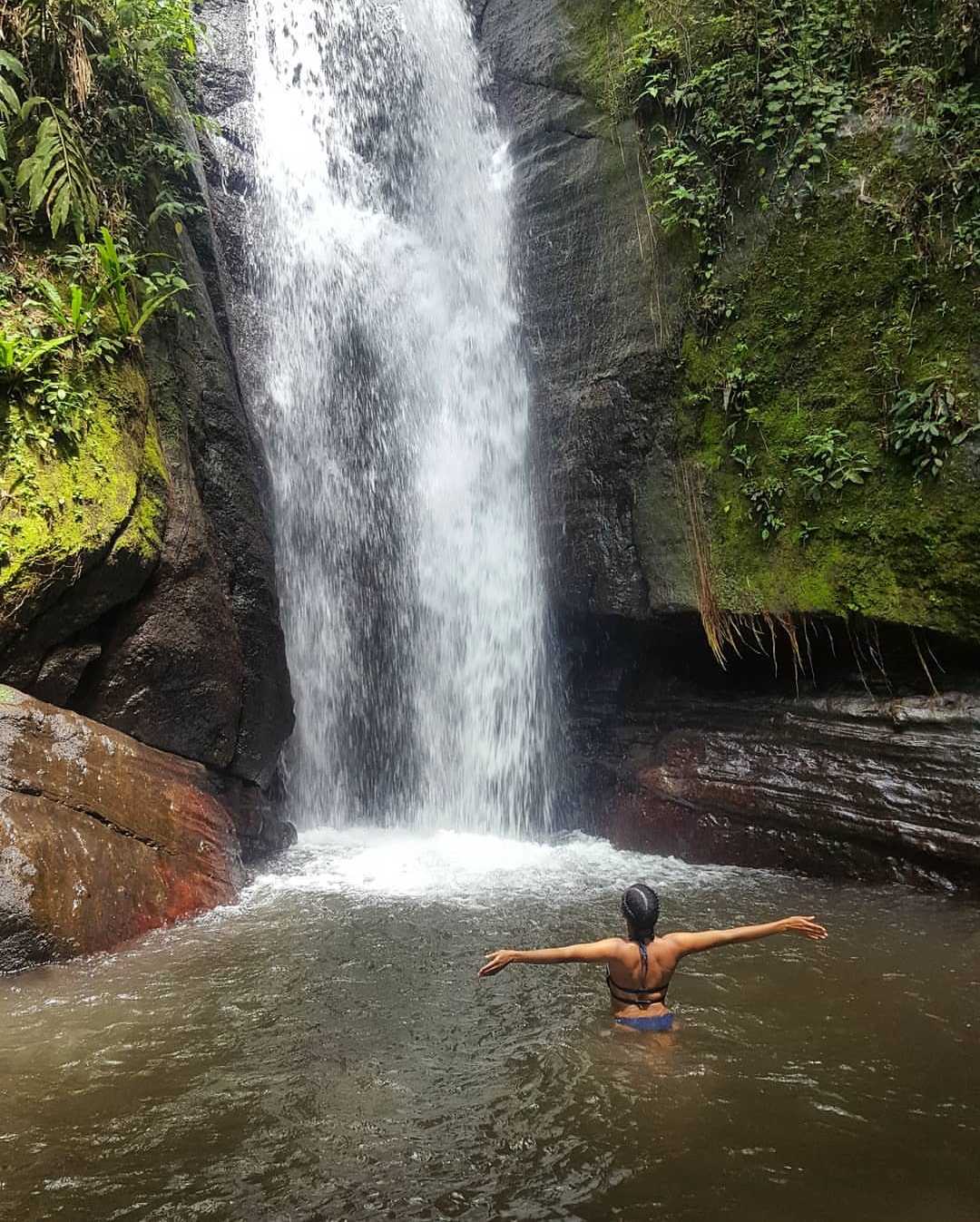Official Lee Scratch Perry Musical Journey
A notoriously eccentric figure whose storied reputation and colorful personality match the sheer strangeness of much of his recorded output, Lee Perry is unquestionably one of reggae's most innovative, influential artists. His mixing-board innovations, from his early use of samples to hallucinatory echo and reverb effects, set the stage for generations of musical experimentation, particularly throughout electronic music and alternative/post-punk, and his free-association vocal style is a clear precedent for rap. Active as a producer and vocalist since the early '60s, he helped guide Jamaican music's shift from ska and rocksteady to reggae with singles like "People Funny Boy" (1968). During the '70s, he became a super-producer, helming seminal works by Bob Marley & the Wailers, the Congos, and Junior Murvin, in addition to releasing dub albums such as Upsetters 14 Dub Blackboard Jungle (1973) and Super Ape (1976), often credited to his band the Upsetters. His work became popular in the U.K., and he collaborated with the Clash, broadening his audience. By the end of the '80s, he had begun recording extensively with dub acolytes such as Mad Professor and Adrian Sherwood. Compilations such as 1997's Arkology and acknowledgment from alternative acts like the Beastie Boys confirmed Perry's legendary status during the '90s. He remained highly active during the first two decades of the 21st century, touring often and collaborating with artists ranging from Andrew W.K. (2008's Repentance) to the Orb (2012's
The Orbserver in the Star House), in addition to revisiting earlier material on releases like 2017's Super Ape Returns to Conquer.
Born in the rural Jamaican village of Kendal in 1936, Perry began his surrealistic musical odyssey in the late '50s, working with ska man Prince Buster selling records for Clement "Coxsone" Dodd's Downbeat Sound System. Called "Little" Perry because of his diminutive stature (he stands at 4'11", he was soon producing and recording at the center of the Jamaican music industry, Studio One. After a falling out with Dodd (throughout his career, Perry has a tendency to burn his bridges after he stops working with someone), he went to work at Wirl Records with Joe Gibbs. Perry and Gibbs never really saw eye to eye on anything, and in 1968, Perry left to form his own label, called Upsetter. Not surprisingly, Perry's first release on the label was a single entitled "People Funny Boy," which was a direct attack upon Gibbs. What is important about the record is that, along with selling extremely well in Jamaica, it was the first Jamaican pop record to use the loping, lazy, bass-driven beat that would soon become identified as the reggae "riddim" and signal the shift from the hyperkinetically upbeat ska to the pulsing, throbbing languor of "roots" reggae.
From this point through the '70s, Perry released an astonishing amount of work under his name and numerous, extremely creative pseudonyms: Jah Lion, Pipecock Jakxon, Super Ape, the Upsetter, and his most famous nom de plume, Scratch. Many of the singles released during this period were significant Jamaican (and U.K.) hits, instrumental tracks like "The Return of Django," "Clint Eastwood," and "The Vampire," which cemented Perry's growing reputation as a major force in reggae music. Becoming more and more outrageous in his pronouncements and personal appearance (when it comes to clothing, only Sun Ra could hold a candle to Perry's thrift-store outfits), Perry and his remarkable house band, also named the Upsetters, worked with just about every performer in Jamaica. It was in the early '70s after hearing some of King Tubby's early dub experiments that Perry also became interested in this form of aural manipulation. He quickly released a mind-boggling number of dub releases and eventually, in a fit of creative independence, opened his own studio, Black Ark.
It was at Black Ark that Perry recorded and produced some of the early, seminal Bob Marley tracks. Using the Upsetters rhythm section of bassist Aston "Familyman" Barrett and his drummer brother Carlton Barrett, Perry guided the Wailers through some of their finest moments, recording such powerful songs as "Duppy Conqueror" and "Small Axe."
❤️??
#Reggae & #SoundSystem #Culture
For more Quality Vibes Subscribe
to our YouTube Channel.
Descubrir Mensajes
Explore contenido cautivador y diversas perspectivas en nuestra página Descubrir. Descubra nuevas ideas y participe en conversaciones significativas
Official Jimmy Cliff Musical Journey
It's one of the music industry's great ironies that today, outside of reggae circles, Jimmy Cliff is perhaps better known for his film appearances than his music. Even after a string of hits, the singer never quite managed to break into the mainstream, although he seemed poised for international stardom during the late '60s/early '70s. The singer was born in St. James, Jamaica, on April 1, 1948, with the less prosaic name James Chambers. His talent was evident from childhood, and he began his career appearing at local shows and parish fairs. Feeling ready for the big time at the age of 14, he moved to Kingston and took the surname Cliff to express the heights he intended on reaching. Cliff recorded two unsuccessful singles before he was spotted by Derrick Morgan, who brought him to Leslie Kong. His first single for the budding producer, "Hurricane Hattie," was an instant hit. Unusually, Cliff remained with Kong until the producer's death; most Jamaican artists flit from studio to studio. The singer's loyalty was rewarded, however, by a string of follow-up hits. In the early years, the pair helped set the ska scene alight, both in Jamaica and in Britain, where the singer's singles were picked up by Island Records. "Miss Jamaica," "King of Kings," "One Eyed Jacks," and "Pride and Passion" have since become classics of the original ska era.
By 1964, Cliff's star was so bright that he was selected as one of Jamaica's representatives at the World's Fair. A successful residency in Paris followed, and Island head Chris Blackwell eventually convinced the singer to relocate to Britain. The label itself was in the process of shifting away from Jamaican music and into progressive rock, and thus Cliff began composing songs with an eye to cross over into that market.
It was a risky plan, but ultimately a successful one. In 1968, Cliff released his debut album, the excellent Hard Road, and won the International Song Festival with "Waterfall," a song that became a smash hit in Brazil. He swiftly moved to that country to take advantage of his success, but even greater heights were in the offing. The following year, "Wonderful World, Beautiful People" proved to be his international breakthrough. The single soared to number six on the British charts, and charmed its way into the Top 25 in the States. The song's anti-war follow-up, "Vietnam," proved to be less popular, even if Bob Dylan called it the best protest song he'd ever heard. Regardless, Cliff's new album, 1969's Wonderful World, was critically acclaimed, and saw the singer starting to build a following amongst the AOR crowd.
The Harder They Come [Original Motion Picture Soundtrack]The title track, a cover of Cat Steven's "Wild World," was another smash in 1970, and Desmond Dekker took Cliff's own "You Can Get It if You Really Want" to number two in Britain. And then tragedy struck. Leslie Kong, who had continued to oversee Cliff's career during this entire period, died unexpectedly of a heart attack in August 1971. The singer was at a loss, as he'd grown up under the producer's wing and was abruptly forced to fend for himself. Another Cycle, which arrived later that year, was proof that Cliff was beginning to get his career back on track. One of the last projects Kong had undertaken was overseeing the soundtrack to the movie The Harder They Come. Produced and written by Perry Henzell, this powerful film featured Cliff in the leading role, and upon its release swiftly became an underground classic. The soundtrack, which boasted a clutch of Cliff's own compositions, was an equally seminal record.
UnlimitedThis should have pushed the singer into the mainstream, but Island dropped the ball and turned their attention to Bob Marley instead. The timing was also off in the U.S., where the movie didn't see release until 1975. Cliff left Island's roster and signed to Reprise in the U.S. and EMI in the U.K., but fared no better on either label. 1973's Unlimited, 1974's Struggling Man, and the following year's Brave Warrior were unable to sustain the success of Another Cycle, never mind improve upon it. During this time, Cliff converted to Islam and traveled to Africa in search of his roots, and his newfound religious devotion began to heavily influence his music. In 1975, with the release of The Harder They Come in the U.S., Cliff's second album for the year, Follow My Mind, immediately grabbed America's attention and became his first album to reach into the bottom of the chart. Reprise then decided it was time for a greatest-hits collection, although this would be accomplished via a live album.
❤️??
#Reggae & #SoundSystem #Culture
For more Quality Vibes Subscribe
https://youtu.be/bdH_iO_03FQ
The Official Marcus Mosiah Garvey, Jr Full Story
Marcus Mosiah Garvey, Jr., ONH (17 August 1887 – 10 June 194, was a Jamaican political leader, publisher, journalist, entrepreneur, and orator who was a proponent of the Pan-Africanism movement, to which end he founded the Universal Negro Improvement Association and African Communities League (UNIA-ACL). He also founded the Black Star Line, a shipping and passenger line which promoted the return of the African diaspora to their ancestral lands.
Prior to the 20th century, leaders such as Prince Hall, Martin Delany, Edward Wilmot Blyden, and Henry Highland Garnet advocated the involvement of the African diaspora in African affairs. Garvey was unique in advancing a Pan-African philosophy to inspire a global mass movement and economic empowerment focusing on Africa known as Garveyism. Promoted by the UNIA as a movement of African Redemption, Garveyism would eventually inspire others, ranging from the Nation of Islam to the Rastafari movement (some sects of which proclaim Garvey as a prophet).
Garveyism intended persons of African ancestry in the diaspora to "redeem" the nations of Africa and for the European colonial powers to leave the continent. His essential ideas about Africa were stated in an editorial in the Negro World entitled "African Fundamentalism", where he wrote: "Our union must know no clime, boundary, or nationality… to let us hold together under all climes and in every country…
❤️??
#reggae & #soundsystem #culture
For more Quality Vibes Subscribe
https://youtu.be/WBDgu9zRK-s
GeeJam Hotel is located on Jamaica’s San San Estate, Port Antonio, Jamaica. This tropical retreat lies on the beautiful shores of the Caribbean Sea. It features a spa, an on-site recording studio and a restaurant. https://tinyurl.com/GeeJam-Hotel
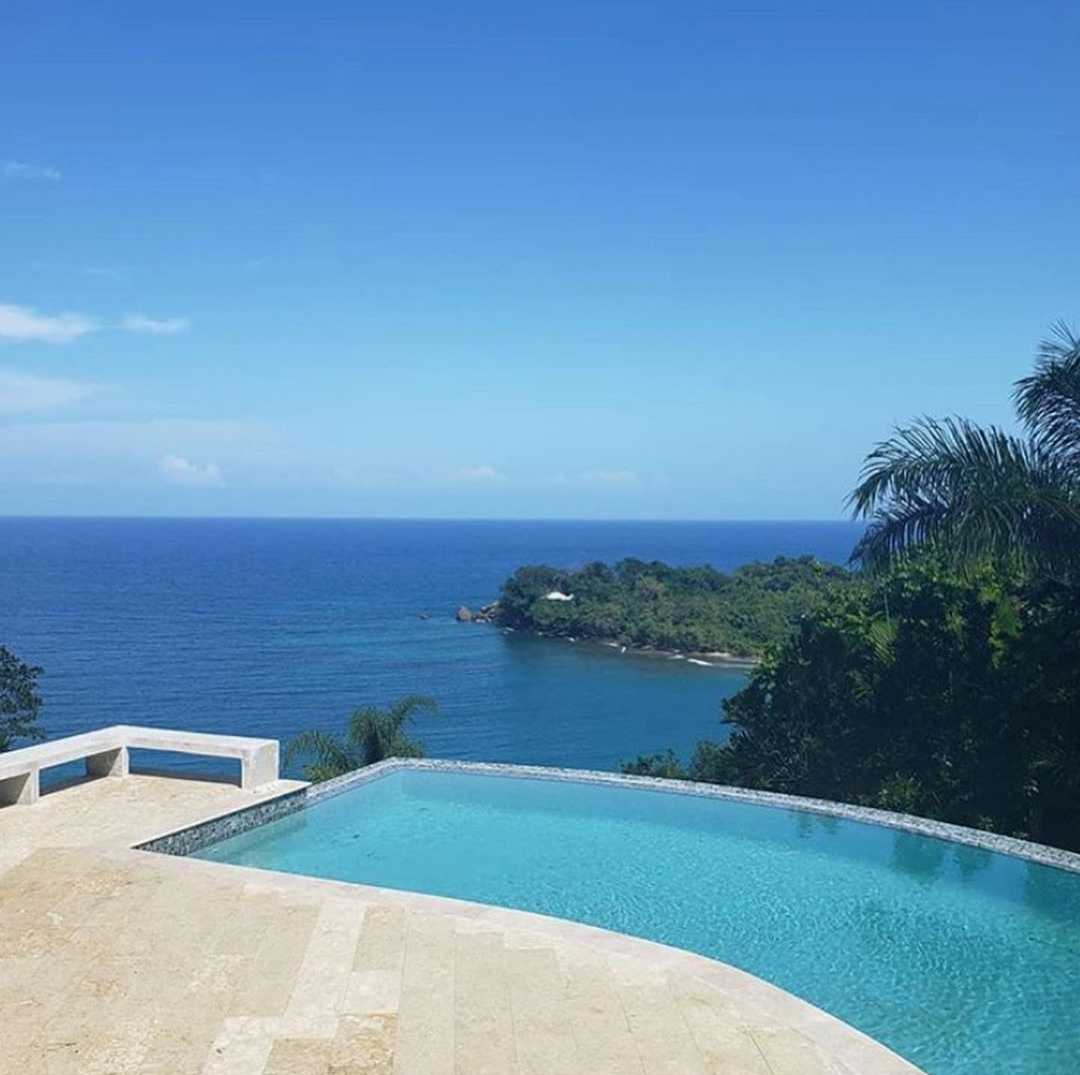
GeeJam Hotel is located on Jamaica’s San San Estate, Port Antonio, Jamaica. This tropical retreat lies on the beautiful shores of the Caribbean Sea. It features a spa, an on-site recording studio and a restaurant. https://tinyurl.com/GeeJam-Hotel

GeeJam Hotel is located on Jamaica’s San San Estate, Port Antonio, Jamaica. This tropical retreat lies on the beautiful shores of the Caribbean Sea. It features a spa, an on-site recording studio and a restaurant. https://tinyurl.com/GeeJam-Hotel
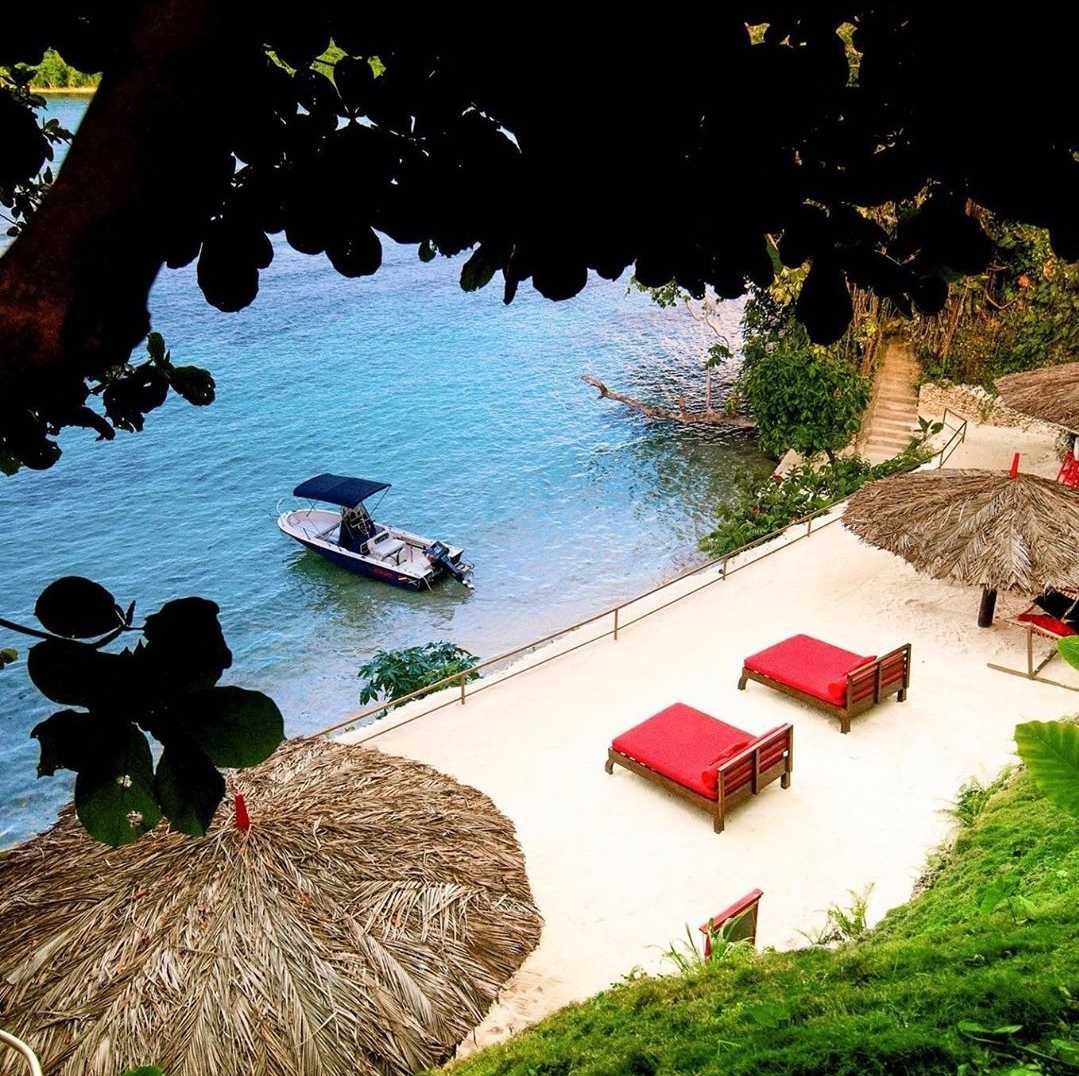
GeeJam Hotel is located on Jamaica’s San San Estate, Port Antonio, Jamaica. This tropical retreat lies on the beautiful shores of the Caribbean Sea. It features a spa, an on-site recording studio and a restaurant. https://tinyurl.com/GeeJam-Hotel
